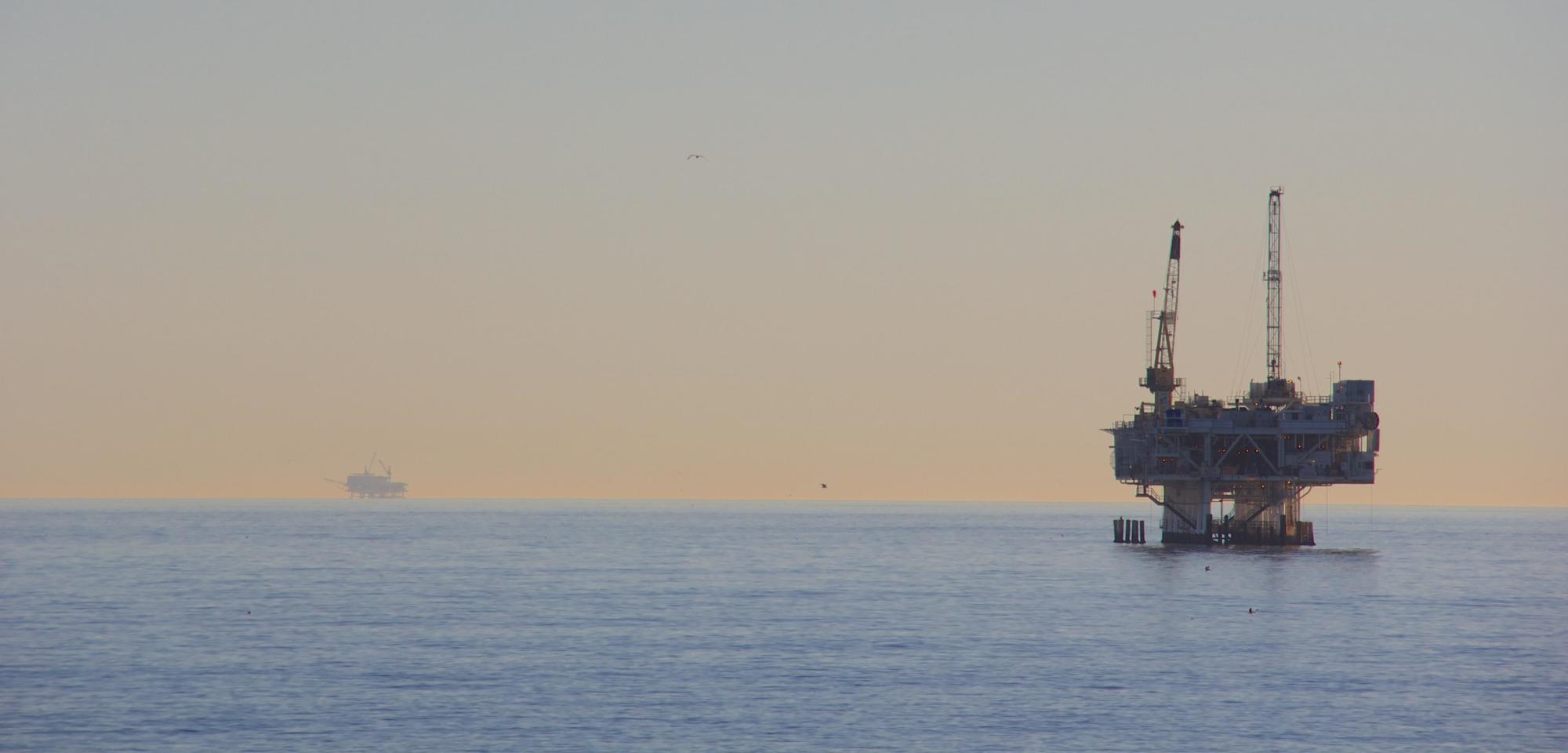
Blog post
Stepping off the gas
Energy Blog, 28 September 2021
Ahead of the COP26, Michael Ware discusses the surge in gas prices and the overnight shortage of petrol in the UK.
A former UK Prime Minister, Harold Macmillan, was once asked what the most difficult thing was about being Prime Minister. ‘Events, my dear boy, events,’ he replied. Fast forward 60 years and I suspect his successor Boris Johnson is feeling the same way this morning. In the run up to the COP 26 renewables conference, his much-heralded green new deal has been undermined by two simultaneous but unconnected crises in the UK energy sector: the surge in gas prices and the sudden almost overnight shortage of petrol.
Let’s take the gas one first. As has been widely reported, gas prices have gone up all over the world and are up by an astonishing 250% in 2021. This has myriad causes: the global economic recovery from lockdown which diverted European supplies into the more lucrative Asian markets, the exceptionally cold weather in the US which drained their stored supplies and most surprisingly the drought in Brazil which has reduced hydro generation capacity and means they have to import more liquid natural gas. It must seem to Boris that events from all over the planet are conspiring to undermine him – even the lack of rain in the rainforests.
This is a global problem with global causes but the UK has been hit harder than most, with fires disrupting a key electricity interconnector, increasing demand for gas fired power stations, and a general lack of gas storage capacity making the UK more vulnerable to short-term price increases. The last significant UK gas storage facility, Rough off the Yorkshire coast, closed in 2017 and we now have about 4 days’ worth of storage capacity dotted around the coast. Compare this to France with 14 weeks of buffer and Italy with 11 and you can see why we are more vulnerable to the short-term market than our European colleagues.
The second unrelated energy crisis has been the weird panic-buying of petrol leading to queues at the pumps and fisticuffs between stressed motorists trying to squeeze in few more litres before the pump makes that little clicky noise. This seems to be an entirely psychological crisis and unique to the UK. There is a well-documented European-wide shortage of lorry drivers caused by the Covid-related hiatus in driving tests, limiting the number of new drivers obtaining their licences, combined with the natural attrition of older drivers retiring from the industry – and Brexit has not helped the UK on this front either. This has led to supply chain issues and a tiny number (less than 1%) of petrol stations in remote areas were facing shortages. This fact was highlighted by the haulage industry as a lever to get more visas issued, picked up by the headline hungry media and very quickly snowballed into a scare story. The hitherto stiff upper-lipped Brits woke up on Sunday morning, panicked and drove straight to the petrol stations. Predictably the act of stockpiling fuel caused actual shortages causing more panic-buying and so it spiralled very quickly, fuelled by social media images of closed pumps and big queues. We’ve been here before with toilet paper but thankfully there is a finite limit to how much fuel people can store so it should calm down again this week.
Although the petrol crisis is likely to quickly dissipate, the gas price crisis will be here for a lot longer and the UK Government must be praying for a mild winter. In the short term there is not much more they can do. Unlike other parts of Europe, UK consumers are artificially protected from short-term market forces by Government-imposed price caps although this has led to swathes of energy companies going bankrupt as they cannot pass on the increase. In the longer term, this will lead to a much smaller market and a key plank of UK energy policy, open and competitive supply markets, will be undermined. You obviously can’t keep a price cap in place indefinitely so what this means for domestic gas prices in April 2022 when the price cap is reviewed is anybody’s guess – but I am pretty sure they won’t be cheaper than they are now.
Commercial and industrial consumers are not covered by the price cap and this is likely where the real impact of price rises will be painfully felt. The Government has already had to intervene and step in to subsidise CO2 production for the food industry and let’s be frank, however nuanced the reality is, the optics of this are not great. We have a self-pronounced green UK Government subsiding an American company to burn Russian natural gas to make CO2. That’s not an easy sell to the media however you spin it and we expect the PR to get even worse as other gas hungry industries like cement, steel and manufacturing start citing this intervention as a precedent in the coming months.
In the longer term, the challenge for the Government will be to stay on its chosen course despite being rocked by short-term events – to-date it has been amongst the global leaders in installing renewable energy and just this week the Government successfully placed £10 billion green bond to fund further innovation. Furthermore, despite the panic over gas, UK electricity prices have historically been some of the lowest in Europe thanks in part to the low marginal cost of renewable power.
All Governments face the tripartite challenge of decarbonising their energy generating capacity, keeping industrial prices competitive with their global peers and protecting security of supply. The obvious key is to strike a balance between all three. The UK Government’s flagship energy policy has been battered by some pretty heavy waves this week but it is still just about afloat and sailing on to a decarbonized future. If we are to reduce our vulnerability to similar shocks in the future the UK has to increase storage capacity, increase the supply of locally produced biogas and reduce gas demand by better insulation of domestic properties, whilst continuing to transition away from fossil fuels. Tellingly there are 17,600 biogas plants in Europe but only 650 in the UK so this is an obvious focus for investment – hopefully some of the green bond money will be spent here.
In conclusion, this has been a strange month for energy in the UK. Scenes of soaring gas prices, the Government intervening to subsidise CO2 production and angry motorists scrapping at the petrol pumps were not in the no-doubt-carefully-plotted script for the run-up to COP 26. UK energy policy was meant to be a beacon leading the world but at the moment it’s not looking like such a bright idea to follow.
Events by their very definition are finite and Boris must be hoping that this storm is at least partly over by the time the conference comes around and the metaphorical winds buffeting his flagship policy have finally been replaced by real ones. More than ever, the chaos of this week shows that we need to decarbonise the economy and reduce our reliance on both imported gas and petrol.

